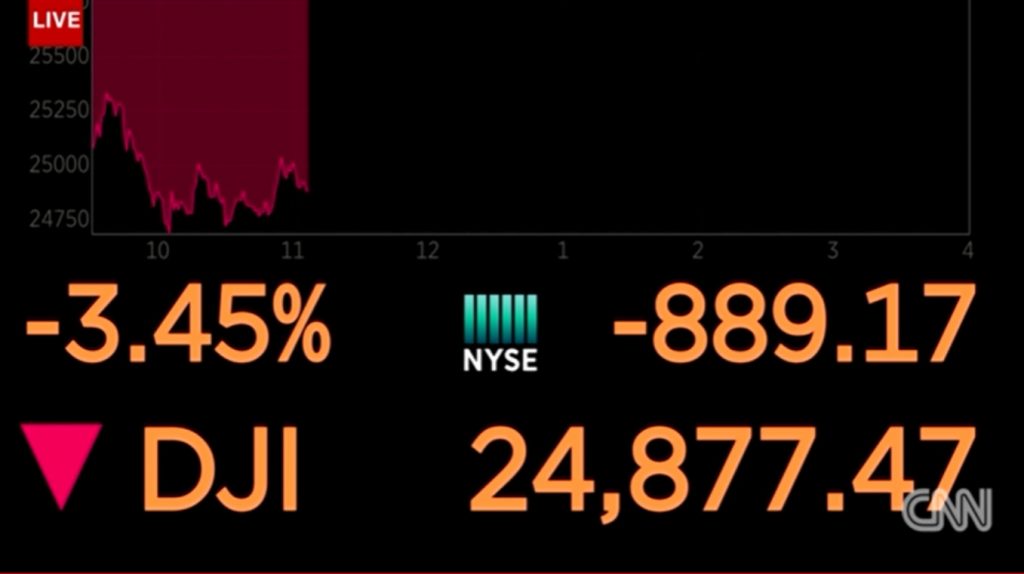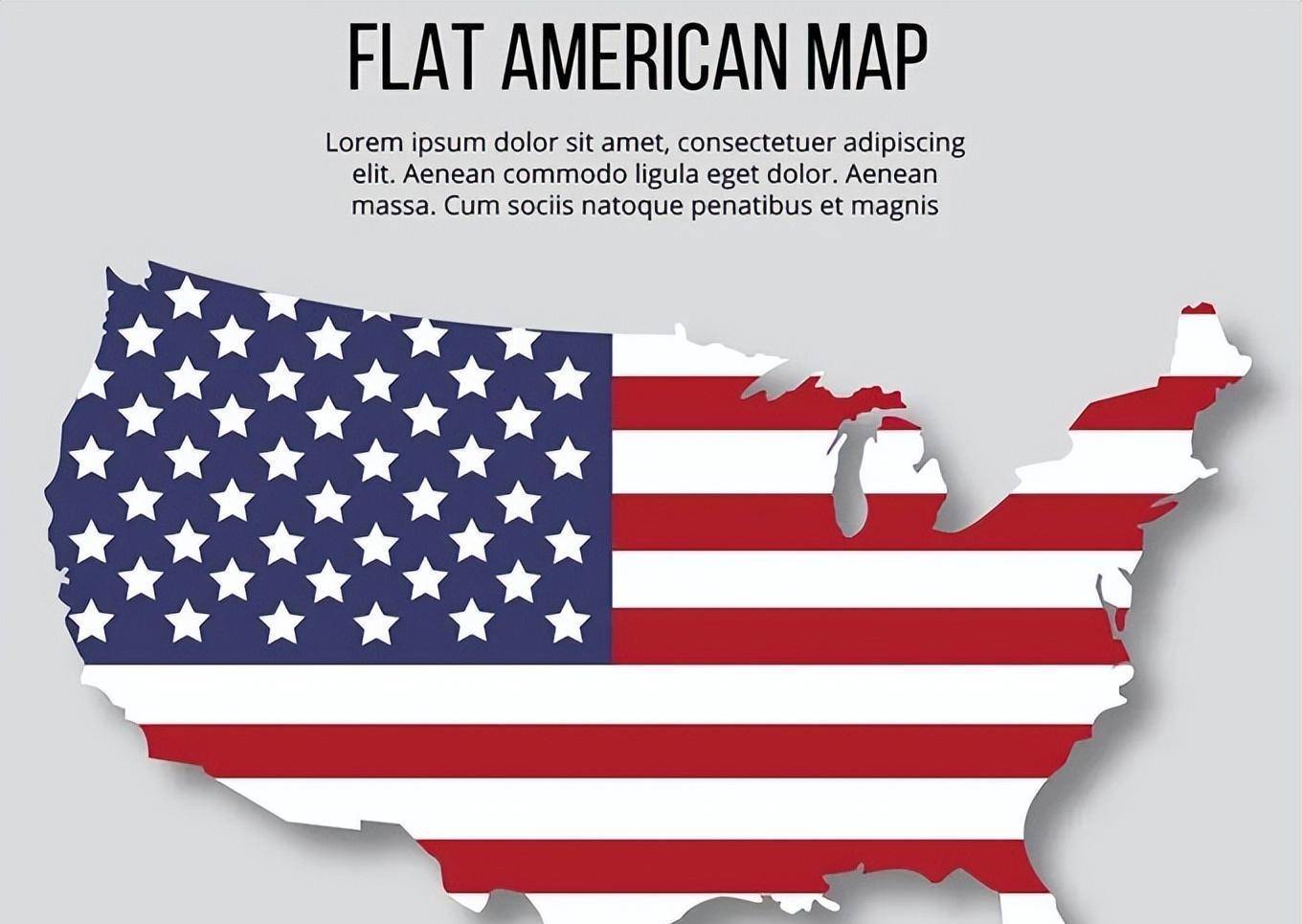Dow falls another 1,000 points

New York (CNN Business)US stocks tumbled once again on Friday, as coronavirus fears continue to mount. Equities are on track for their worst week since the financial crisis.
Stocks opened sharply lower and extended their losses in the first hour of trading.
The Dow (INDU) fell nearly 1,086 points at its low-point. It was most recently down 950 points, or 3.7% — its seventh-straight day in the red. The index dropped 3,226 points in the first four days of the week, including its worst one-day point drop in history on Thursday. On a percentage basis, Thursday’s 4.4% slump was the worst performance since February 2018.
The S&P 500 (SPX), the broadest measure of the stock market, was down 3.3%, while the Nasdaq Composite (COMP) fell 2.6%.
Market participants are closely watching whether stocks will again end the day sharply lower. If investors are willing to hold their positions over the weekend, it could imply more fear and further selloffs next week.
All three stock benchmarks are on track for their worst week since October 2008. The Dow is also looking at its worst month since October 2008. For the S&P 500, it’s promising to be the worst week since February 2009.
Treasury yields slipped further on Friday as investors piled into the safe haven government bonds. Bond yields and prices move opposite to each other. The 10-year bond yield dropped below 1.17%.
The Federal Reserve is in focus on Friday, after expectations for an interest rate cut at the March 18 meeting spiked to 100%, according to the CME FedWatch Tool. Some market participants — 34% — even expect a half percentage point cut.
That said, various Fed officials have so far said rate cuts are not yet necessary.
“Further policy rate cuts are a possibility if a global pandemic actually develops with health effects approaching the scale of ordinary influenza, but this is not the baseline case at this time,” said St. Louis Fed President James Bullard in a speech Friday.
The University of Michigan, which publishes the monthly consumer sentiment survey, warned on Friday that “domestic spread of the virus could have a significant impact on consumer spending.”
While the final read of February consumer sentiment beat expectations and rose to the highest level since March 2018, an increasing number of survey participants mentions the virus outbreak in the last days of February.
As the novel coronavirus continues to spread around the world, countries are scrambling to respond. Economists and investors are concerned about the outbreak’s impact on economic growth and corporate earnings. Various American multinational companies, including Apple (AAPL) and Microsoft (MSFT), have warned that they won’t meet their earnings guidance because of disruptions from the virus.
![]()







